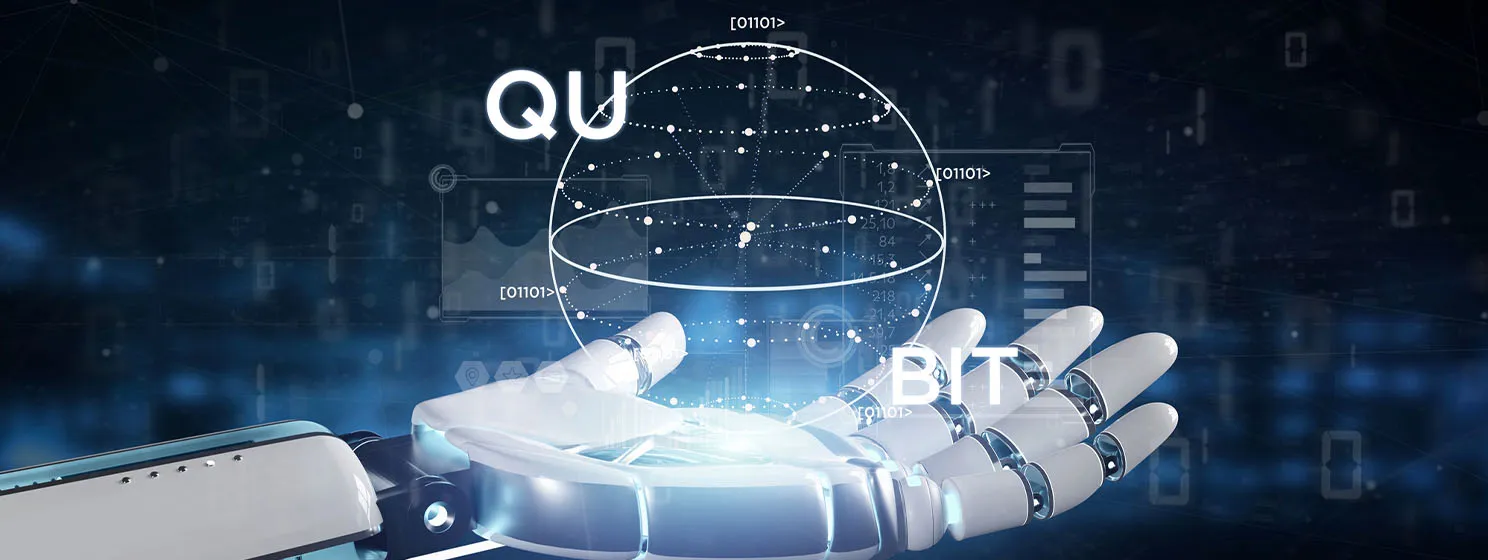|
Getting your Trinity Audio player ready...
|
Singapore is spearheading a cybersecurity revolution, leaning on emerging technologies to combat a new wave of digital threats. According to a report, three local technology companies are leading the vanguard with artificial intelligence (AI) and quantum computing solutions as an additional layer of defense.
The companies include Cyber Sierra, pQCee, and cloudsineAI with their cybersecurity solutions for Singaporean enterprises. The trio has been supported by the CyberSG Talent, Innovation, and Growth Collaboration Center, a partnership between Singapore’s Cyber Security Agency (CSA) and the National University of Singapore (NUS).
Cyber Sierra is leaning on AI to enable firms to achieve cybersecurity compliance standards. The funded cybersecurity firm has launched two tailor-made services for firms to employ to detect risks while reducing response times.
pQCee’s offering, Safeguard, is showing glimpses of promise with its quantum-computing risk mitigation functionalities, protecting corporate data from bad actors. cloudsineAI, on the other hand, is finding success with its generative AI firewall, which protects critical AI applications from interference from bad actors.
“We support companies developing advanced digital infrastructure protection, strengthening our nation’s defenses while empowering collaborative global efforts against a rising tide of cyberattacks, marked by a 30% increase in 2024,” read CyberSG’s report.
Cyberattacks are growing in complexity, given the proliferation of generative AI in recent months. Experts are drawing attention to the risks posed by data leaks and prompt injection, with professional services firm Deloitte predicting steep losses of up to $40 billion by 2027.
Furthermore, experts warn that rapid quantum computing innovation may provide bad actors with the tools required to break through traditional cybersecurity defenses. CyberSG notes that traditional offerings are a one-size-fits-all approach not tailor-made for the changing, emerging technology landscape.
Global cybercrime costs are increasing at alarming levels, with one report projecting it to grow by 15% over the next five years and reach more than $10 trillion in 2025. Several studies say AI in the hands of cybersecurity teams is the best option to stifle fresh risks from bad actors using emerging technology for illicit activities.
Microsoft (NASDAQ: MSFT) is equipping up to one million South Africans with AI skills amid a surge in AI-based scams. While AI is a powerful tool on its own, its integration with blockchain technology is being considered a veritable strategy by cybersecurity firms to protect sensitive data, given the latter’s immutability and decentralization features.
A mad dash for quantum computing
Elsewhere, a group of researchers has achieved certified randomness in number generation using quantum computers, potentially changing the game for cryptography.
According to a report, the researchers reached the milestones using a 56-bit trapped-ion computer to generate random numbers in record time. The study involved researchers from JPMorgan Chase (NASDAQ: JPM) and Quantinuum, teaming up to achieve certified randomness beyond the abilities of traditional supercomputers.While traditional supercomputers seem to be able to achieve randomness easily, a closer look reveals that the figures are not truly random. The research paper argues that these supercomputers only mimic the concept of randomness using algorithms that experts say pose security risks if hackers identify the pattern.
However, leaning on Quantinuum’s ion computer, the joint research team generated more than 70K bits within seconds. The results outclassed the top four supercomputers working around the clock in concert by a country mile.
To confirm the study’s results, a group of supercomputers verified claims that the generated figures did not use any algorithm.
“Our results demonstrate a step towards the practical applicability of present-day quantum computers,” read the report.
On the technical side of things, quantum computers can achieve certified randomness given their intrinsic nature. Quantum computers are inherently indeterministic, while traditional supercomputers are deterministic in nature.
Use cases for the certified randomness capabilities are endless. The researchers are eyeing mainstream applications in banking, gambling, lotteries, and A/B testing, but the supercomputing power required may stifle widespread utility.
Experts say quantum-certified randomness can be deployed in blockchain technology for military-grade consensus algorithms and smart contracts.
There is a growing trend for quantum computing in several industries to keep up with the searing pace of digitalization. India recently rolled out a full-stack quantum computing system in an attempt to become the regional leader in the sector.
Microsoft (NASDAQ: MSFT) also has plans to ship a quantum computer for industrial applications in the future, but experts are warning against heightened cybersecurity risks. Meanhwile, Chinese researchers have broken into classical encryption systems using quantum computers, sparking worry over the future of cybersecurity.
Watch: Adaptable blockchain system to tackle real-world problems

 09-12-2025
09-12-2025 





